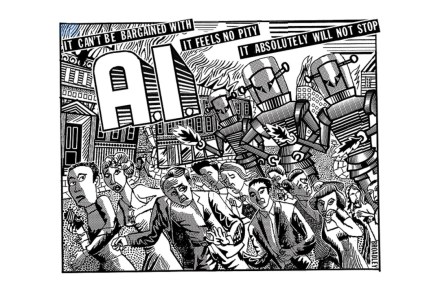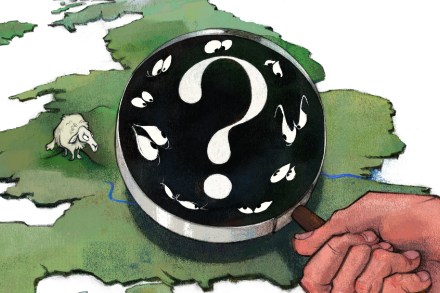The AI industry has been given a taste of its own medicine
Life comes at you fast, eh? Only a few weeks ago I was grumbling in this very slot about the way in which the big AI companies were stealing copyright material in unimaginable quantities and using it to train their models without so much as consulting the owners of the work, still less compensating them. The reaction of the tech bros to people calling them out about it has been a colossal shrug of contempt. Fussing about intellectual property is for the little people, they seemed to say. We can make a lot of money stealing your work, and our machines don’t work at all without stealing your work, so tough. And





















